Cortázar chose All Fires the Fire as the title for one of his books. We want to write All countrysides, the countryside. There are many countrysides, as there are many fires. There is the wild countryside, the tamed one, the one close to the city, the remote one, the one that produces urban shapes, the one that avoids them. The countryside is frequently defined, more due to denial than affirmation: it is everything that the city is not. This is a poor way to talk about something rich, a simple way to try to understand something complex.
The countryside is not a space-time capsule, a place outside the comes and goes of society: rather it joins it. The countryside can trap the spirit of its time. This is how a new line of hotels, which goes over the idea of the country hotel, understands it. Just like interpersonal relationships and the ways of working evolve and change, hotels do so. A hotel is no longer the sum of lobby+common areas+rooms; today, this format is broken. This affects also these new hotels.
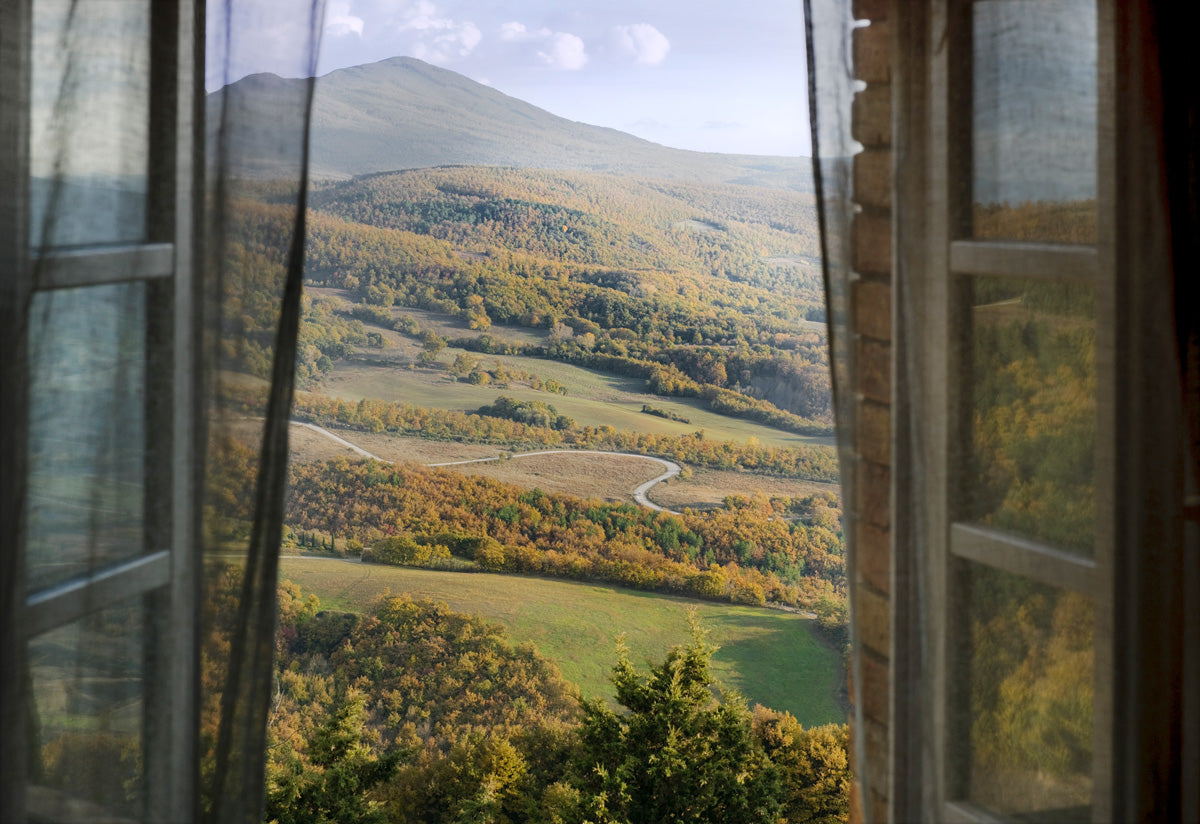
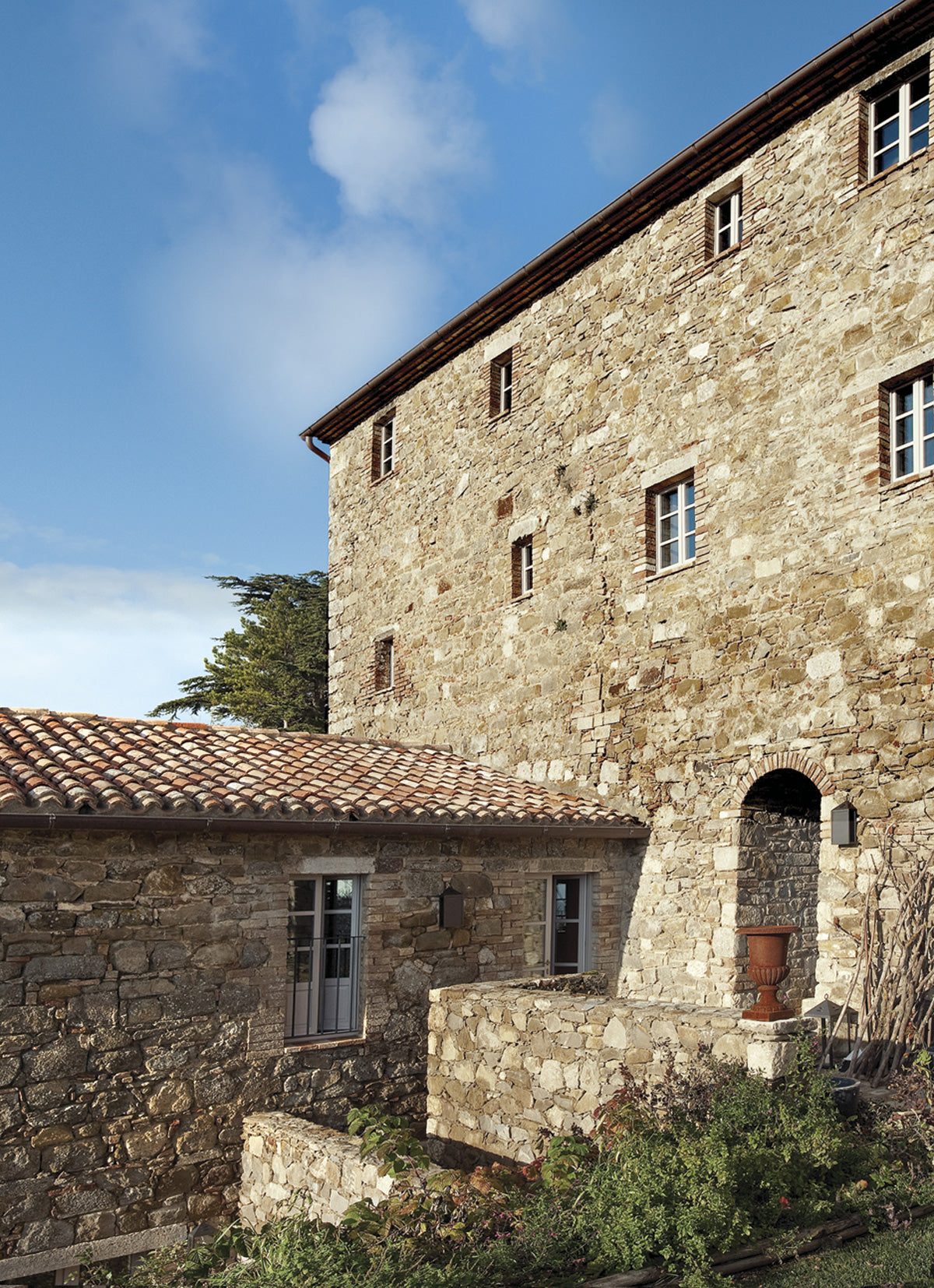


Monteverdi is shaped as something the Italians call albergo diffuso, a lodging concept which emerged in the 80’s decade. They are hotels that fuse with the village; the boundaries between both are blurred. This place in the less visited part of Tuscany is a global project that consists of 12 rooms, rental villas, gastronomy, archeology, wellness, and a residence for artists. The factotum at Monteverdi is Michael Cioffi. This Ohio-born lawyer came to this place a couple of decades ago and began restoring houses with a soul and since he was interested in the past, he started doing some research in order to rescue it; 20 years later he continues to rehabilitate and feed his cultural projects. Monteverdi is in continuous movement. Nobody remembers to call it a hotel, although its rooms are booked. The Newt, recently opened in England, is also outside the format. This place located in Somerset is as garden as it is hotel, as cider factory as it is a deer park. You can visit the surroundings without having to spend the night; in fact, there are tours that depart from Paddington Station in London. The landscape and gardens are top class: it has only taken them 2,000 years to form. There are also tours where you learn about the cider culture or you can get to know the deer in the surroundings. There are many of them. If you choose to spend the night, the incentives are many. The original spaces have been respected and you can sleep in a barn with exquisite decoration. This is a project that unites the past and the future with an invisible thread. Another place in the same line is Finca La Donaira. This spot in Andalucía has a hotel, or does the hotel have an estate? In this eco-retreat, the will to be in favor of nature by making the least impact possible, goes to the extreme. The materials are rustic and raw, dinner is held in a communal table, the food is recognizable and comes from their organic farm; animals here are as guests as people.
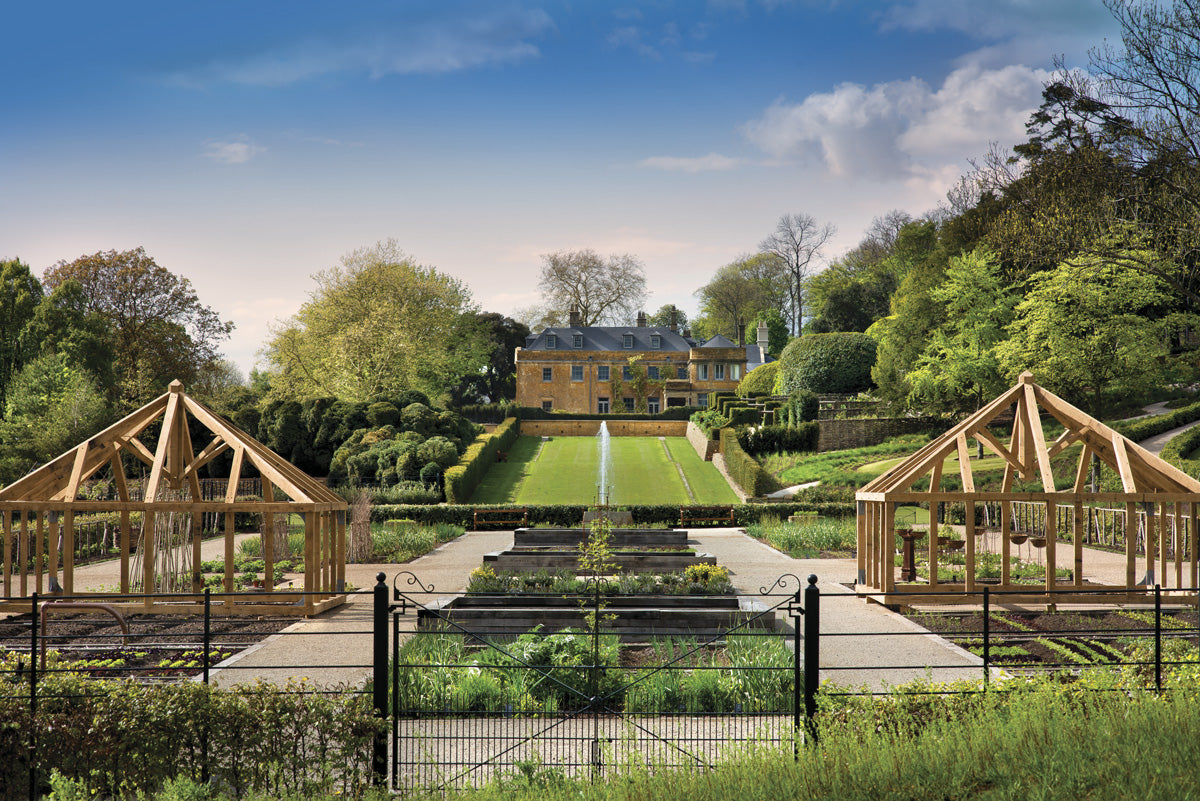



An increasingly urban society leaves animals aside. This is why the new country hotels integrate them. They are not amenities in the hotel, but true company. Connecting with nature (which is the reason for visiting these hotels) is easier when they are nearby. Just as La Donaira has a herd worthy of Lusitanian horses in Le Barn, in France, these animals are also VIP clients. This is a country house from the 19th century located in the Rambouillet Forest, less from one hour away from Paris. It is on a 200-hectare land on the property once used by Henri IV and Gabrielle d’Estrées to give free reign to their clandestine love. It is inspired by the preexisting agricultural shed in the estate it is in. The building embraces its agricultural origin and is recreated in references to the 50’s and 60’s, as well as in Eiffel’s legacy by leaving the metallic structure outdoors. Be-Poles studio has searched for the dialogue between the inside and the outside by designing open spaces in full contact with nature. Equestrian activities at Le Barn are very important. There are beginner’s courses for children and adults, rides across the woods, and ethology discovery courses, something that makes this unclassifiable hotel stand out.
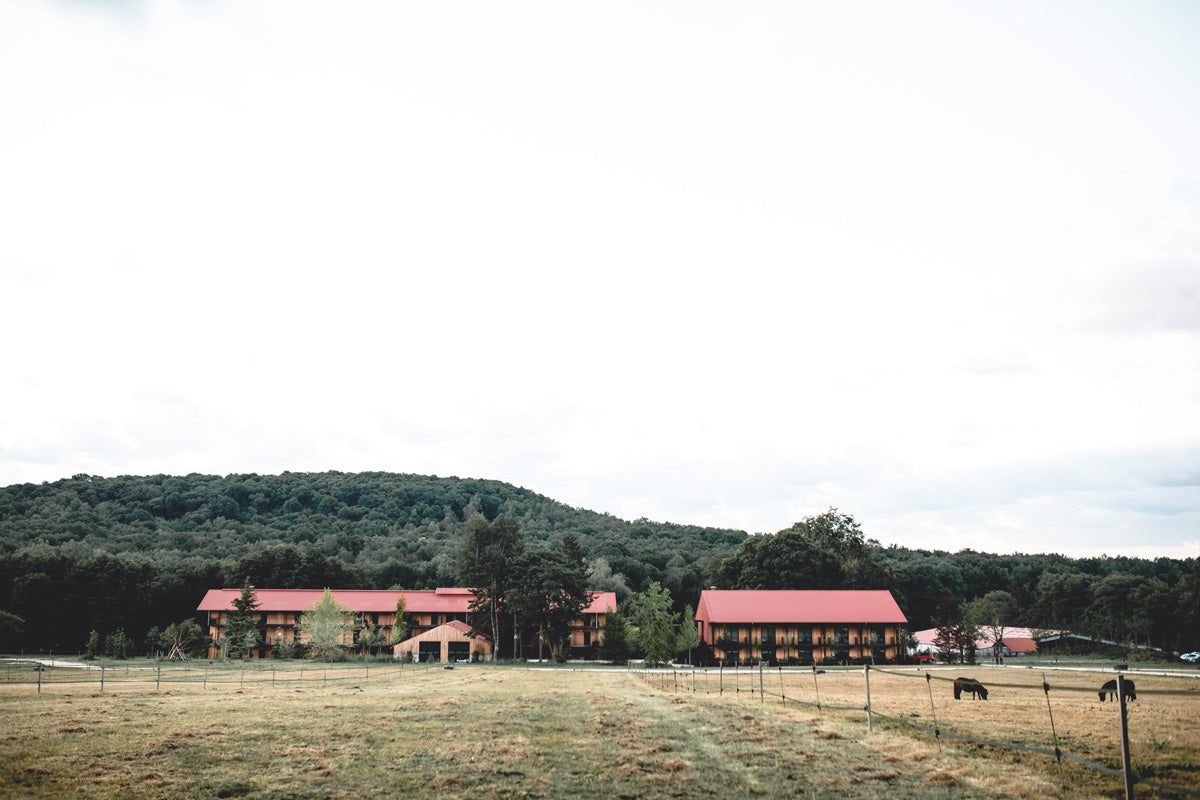



The new country hotel does not forget that its target is city people. It wants to help them, help us, reconnect, something far more important and contemporary than disconnecting. Also to help us feel evolved travelers. We search for what we lack in our everyday life in these neo-rural hotels: silence, space, horizon, and liquid time. Wellness is expected in these new lodges; in fact, in most of them, the spa is more than a place filled with pools offering massages: it is part of the place’s genetic map. Monteverdi has one of the scarce spas in Santa Maria Novella, outside Florence. The experience of following a beauty ritual in an outdoor bathroom with views to the Val d’Orcia is priceless. La Donaira is equipped with a full spa, including 21-meter swimming pools, head to toe treatments, classes of various kinds of yoga, meditation techniques, and several therapies, which confirm that the search for connection with nature is not against the search for pleasure. Soho Farmhouse holds this idea in a splendid way. This hotel? Farm? Spa? All of the above? Is part of the Soho House universe. Located in Oxfordshire, it looks into the idea of traditional farm and brings it to the 21st century. Part of its offer is a super potent spa around the Cowshed firm, also part of the group. It even features pavilions for sauna: an oasis for wellness enthusiasts. The spaces are not minimalist but wonderfully warm. Here, we find Whichford pottery, flower fabrics, rough finishes, and a sophisticated color palette, since the new countryside can and should be so. The British aesthetic fuses with the New York cottages and the result is a place that hugs you.
Located in Oxfordshire, it looks into the idea of the traditional farm and brings it to the 21st century, through spaces, which are not minimalist, but rather wonderfully warm.
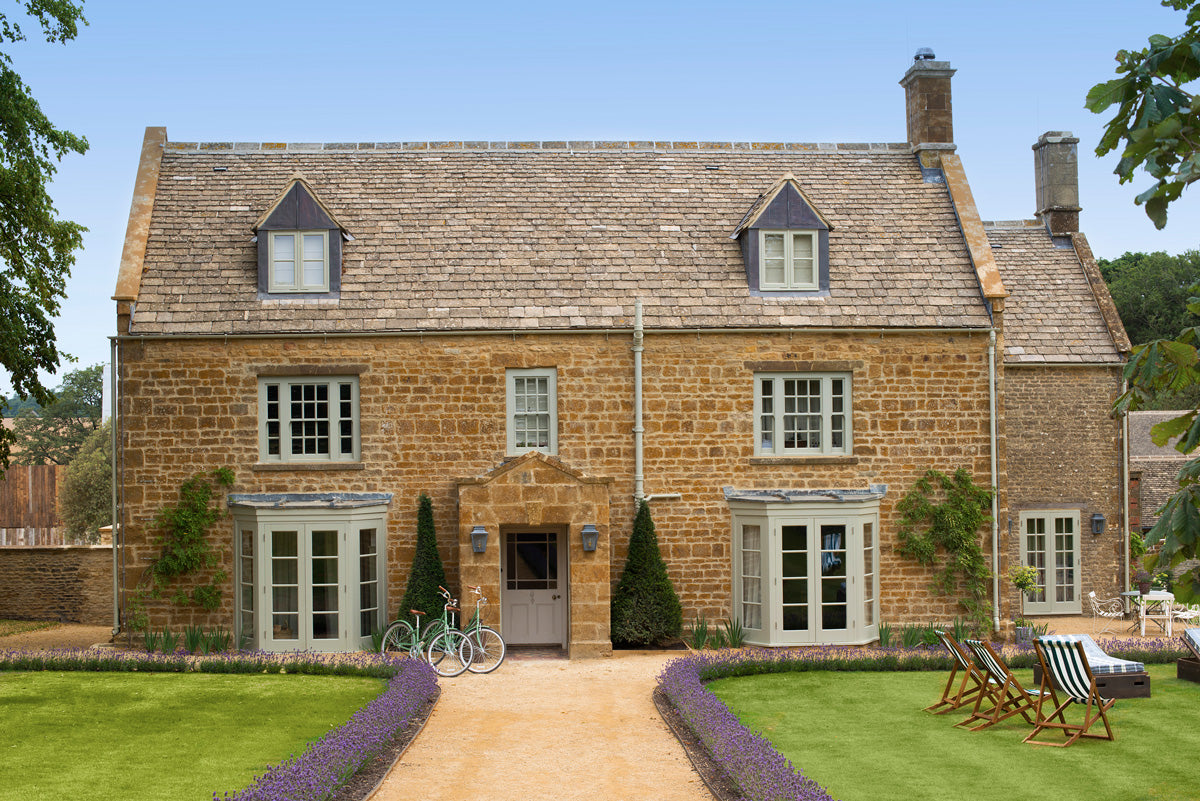



The countryside is many countrysides. This new rural hotel also is it, since it is located by the sea. Helenkilde Badehotel rethinks what we understand to be a beach hotel. It is a simple (but not plain) construction located in the coast of Denmark. People who come here do it after a long journey. This small hotel (with 27 rooms) has a Scandinavian decoration free of clichés, where white is protagonist. It fosters warmth in the approach and an intimate way of understanding the trip. It was meant to be a private house: Mr. Grüner, a constructor, bought it for his wife in 1896; in 1904 it was turned into a hotel, and later bought and restored, in 2008, by dancer Alexander Kølpin. The idea here is to be surrounded by peace in order to be free of stimuli and to look at the ocean the way we would from our house’s porch. The reconnection goes through a decoration that does not bother, but which inspires and through the harmony between the inside and the outside.
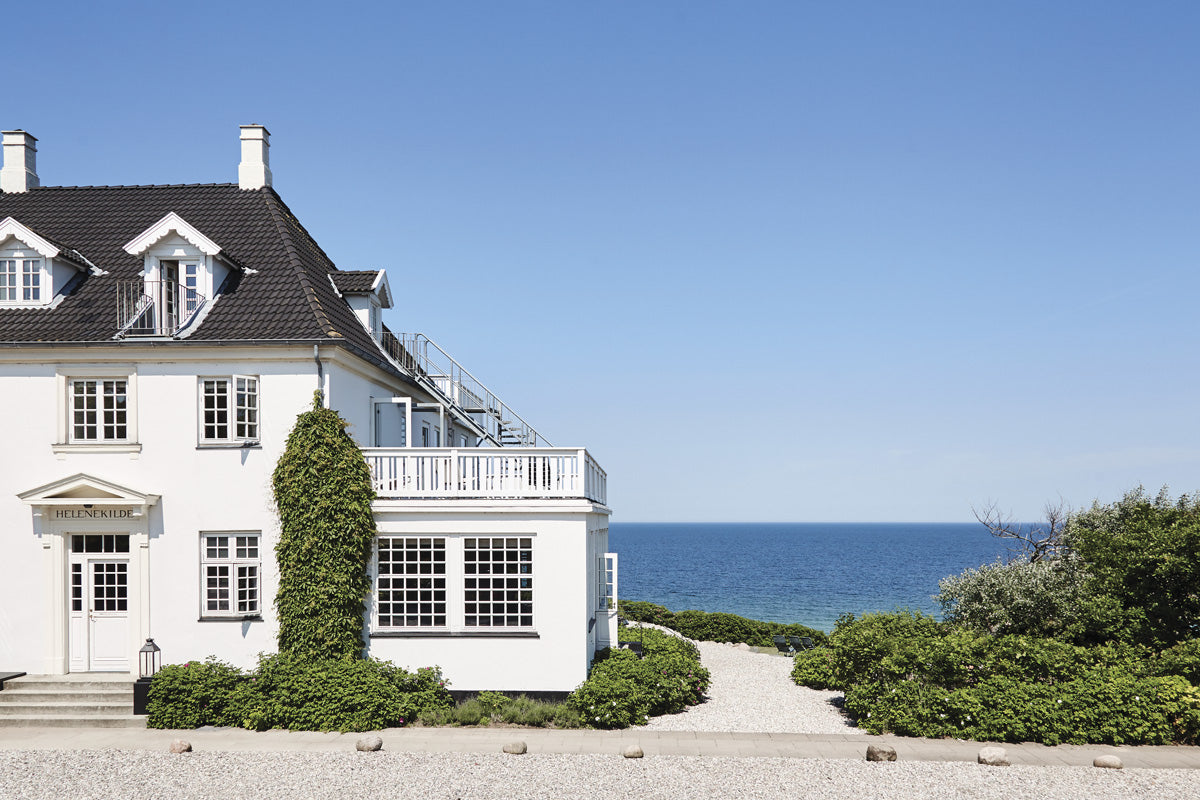



The reconnection, great word of today, is linked to the concept of the transforming journey, the one that takes us back different than how we left. There are places that look for such interior change through the weigh of the past, of the local culture. Finca Serena (Unico Hotels), which opened a few months ago in Mallorca, Spain, takes this very seriously. It is a family project that revolves around a building dating from the 8th century, rehabilitated and turned into a hotel. Here, peace and serenity are promoted, hence its name. It is reached through the local kitchen, from the walks among vineyards, from the restoring sleep between white sheets, from breakfasts which are long as summer afternoons. This also happens in Metohi Kindelis, another family project in Chania, in the Greek island of Crete. Here, harmony with the surroundings is total. The building tells part of the island’s history: it was built by Venetians during the late 16th century as a country house, then it was turned into a farm by the Ottomans, and bought by the Kindelis family in the early 20th century. It is also still the family’s main residence and an active estate dedicated to organic farming, where 25 kinds of fruit are sown. The production of a line of items linked to Metohi’s echos made by local craftspeople will begin in the near future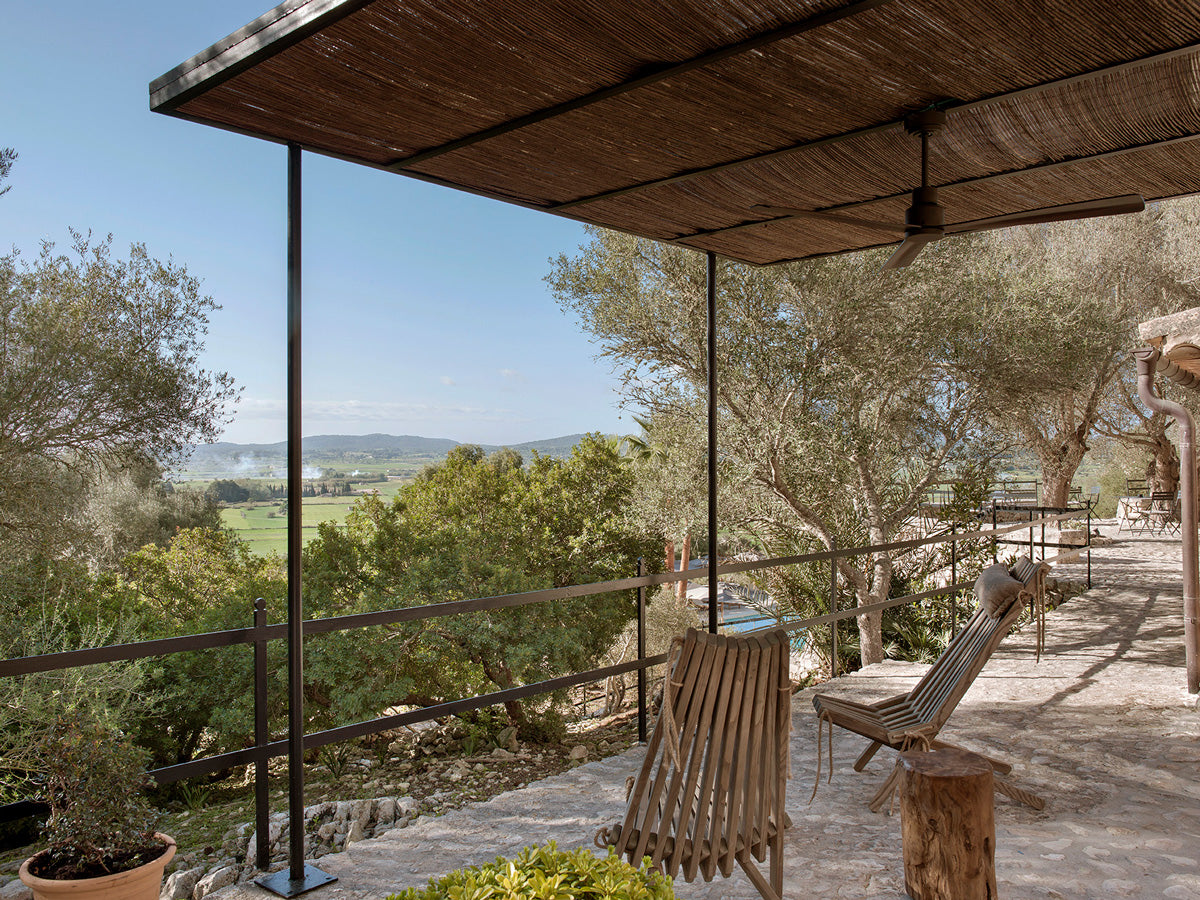



Danai Kindelis, the creator of this concept seeks for it to make people connect with their own self and with the environment, she explains for Container that places like Metohi Kindelis “have the obligation to promote ideas as respect for the planet and the local community. The beautiful and stylish design is very easy to find these days, but a solid and authentic identity with timeless beauty is something less common and obviously, more special. There are more and more travelers rather than tourists, people who choose their holiday destination based on their values and ideals”.
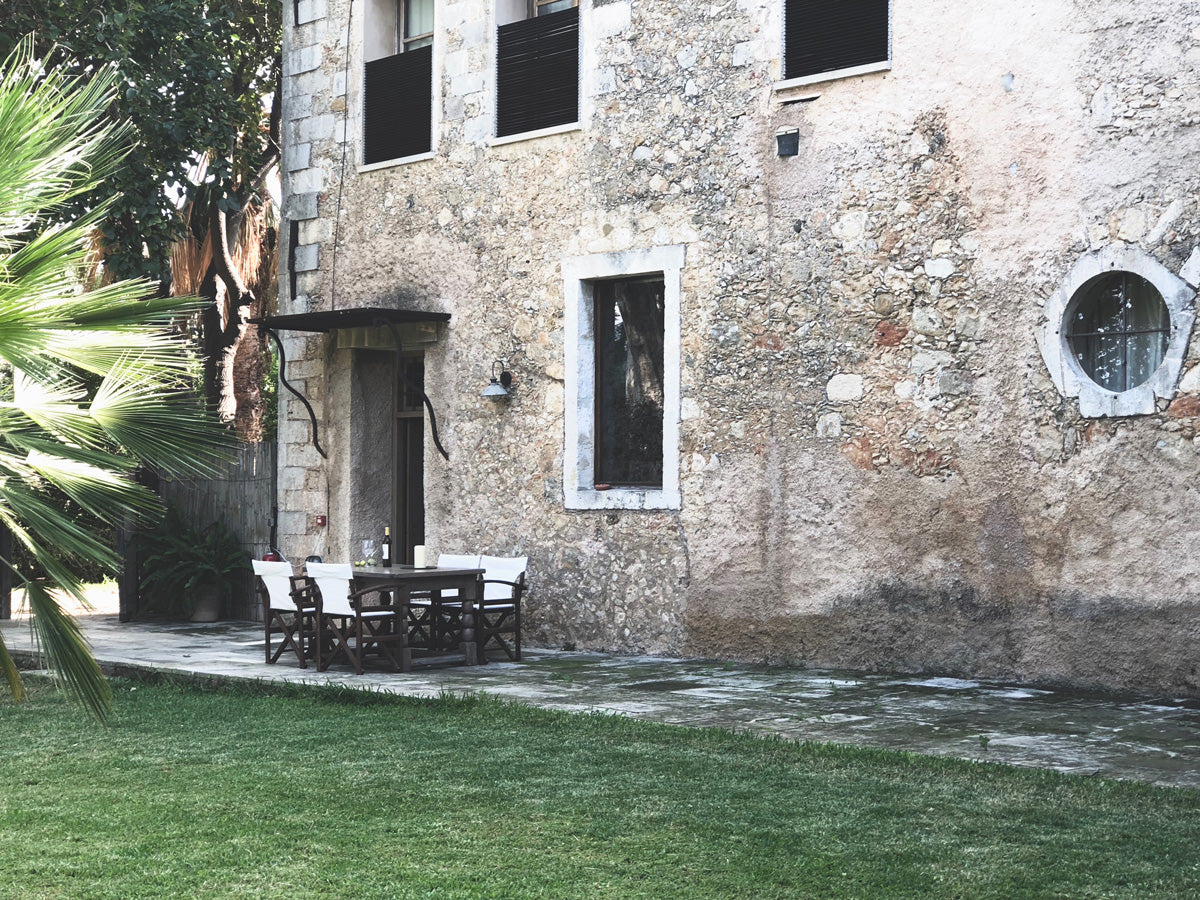



The country hotel of the 21st century is like this: looking inside more than outside, it is not in search of likes (although they manage to get them) and it does not want you to disconnect, but instead for you to connect with yourself and with the ground you walk on.


